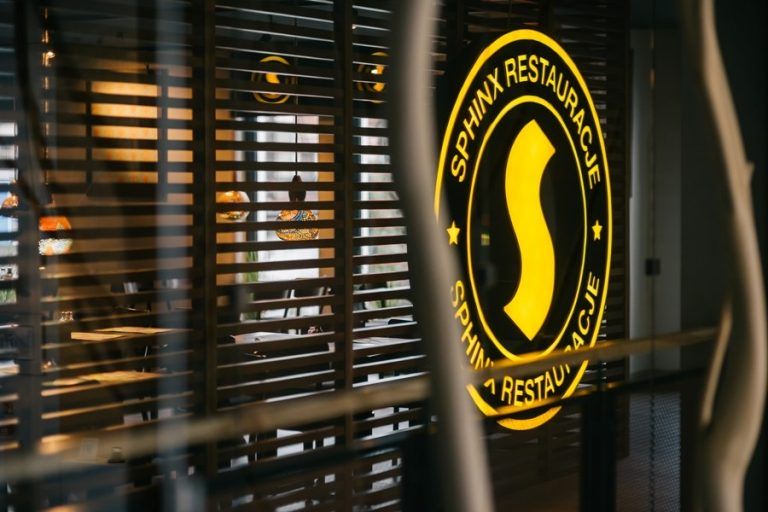Customers are pleased to return to shopping malls

Wpis dostępny jest także w języku:
![]() polski
polski
PRCH has presented the results of the visitation of shopping facilities in the first week after lockdown. The average visitation for the week of 3-8 May 2021 reached 97% compared to 2019. This is the best result of all first weeks of trading after consecutive lockdowns. The full opening of the shopping centres after the lockdown has been met with strong customer interest. On Tuesday 4 May, each shopping centre in Poland was visited by almost 14,000 people on average. They operate under a full sanitation regime to make shopping safe for all visitors.
Shopping centres with a strong opening
The first week of shopping centres opening after May brought a long-awaited by the industry increase in the number of customers in shopping centres, the highest so far among the results recorded right after the end of lockdowns. According to data from the Polish Council of Shopping Centres, in the week of 3-9 May 2021, the average mall visitation reached 142% of the values recorded in 2020, when shopping centres opened after the first lockdown, and was only 3% lower than the result from the same period in 2019, reaching 97%. The strong visitation performance is the result of, among other things, a growing sense of security, an increasing number of people being vaccinated, schools opening, a return to stationary work, a change in the weather, shopping postponed during lockdowns and high levels of consumer optimism.
On the first trading day after opening, 4 May, each shopping centre in Poland was visited by almost 14,000 people on average, 74% more than after May 2020. The analysis of visitation by size of shopping facilities showed no significant differences in the performance of small, medium, large and very large facilities. On a regional basis, however, the data is already more varied. The central region registered the highest number of customers compared to the same period before the pandemic, while the southern part of the country registered the least.
Full details will be available soon
The results of the visitors will be improved by the opening of the food and beverage section, firstly of the restaurant gardens on 15 May, then of the indoor outlets on 28 May, as well as entertainment, e.g. cinemas, which will be able to resume their operations on 21 May. According to PRCH data, these two shopping categories suffered the most during the lockdowns. They account for about 10% of the traffic recorded in shopping malls.
Statutory interference in leases that does not take market reality into account
Despite good data from the market, the shopping centre sector has been observing with concern the government’s plans to introduce, yet another defective and incompliant with both Polish and European law, regulation of rental agreements and a statutory obligation for landlords to bear the costs of tenants’ rent obligations to a much greater extent than the current Article 15ze (the so-called rent abolition). Both forms of aid offered to tenants by the government constitute illegal state aid in violation of Articles 107 and 108 of the Treaty on the Functioning of the European Union and may result, under decisions of EU authorities, in, inter alia: the obligation to return the aid by beneficiaries, i.e. tenants (the total value of repayment may reach as much as PLN 4 billion), ban on providing any state aid until the aid granted illegally is returned, and charges of violation of public finance discipline by persons responsible for improper spending of public funds. The government’s new proposal has caused an earthquake in the industry, as the prospects are for further huge costs for shopping centre owners and managers and a progressive antagonisation of the industry.
The existing and planned statutory solutions, in contrast to the aid programmes of the government and the PFR, provide for automatic and unconditional granting of discounts in rents to every tenant with total disregard for the analysis of the financial condition of a given company. The same treatment is given to franchisees, small and large entrepreneurs (including listed companies), or tenants running single premises, as well as large retail chains, both Polish and foreign, not to mention restaurateurs or the entertainment industry, whose sources of income are very limited. It is worth noting that the turnover of tenants in the post-lockout periods is significantly higher than 50% of the pre-pandemic results, and the results of listed companies confirm their good financial condition. In order to counteract the industry-unconsulted, flawed and illegal regulations proposed by the government, the Polish Council of Shopping Centres appealed to the parliamentarians to completely repeal Article 15ze and not to introduce further changes in the form of Article 15ze1.







